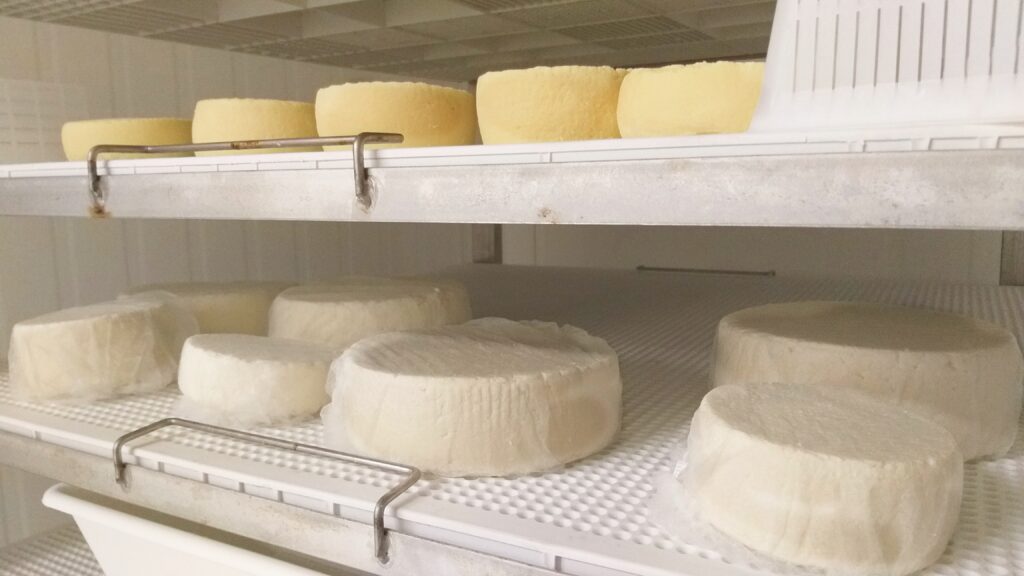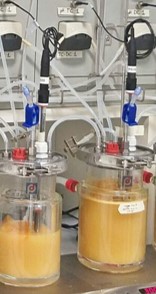Micro4Food Research Areas
Food Fermentations

The research on food fermentations aims to exploit the potential of autochthonous microorganisms to ferment traditional matrices (e.g. milk, cereals, fruit and vegetables) and unconventional substrates (e.g. pseudo-cereals, medicinal plants, legumes, and agri-food by-products) with the final goal to develop new fermented products with improved functional and nutritional properties, and shelf life characteristics.
Human-diet axis

Foods represent not only the source of nutrients for human intake, but they are also the primary tools for modulating the composition of the intestinal microbiome and its functionality. The research on the diet-human axis aims to investigate how food products and diet habits modulate the intestinal microbiome, which is the most important engine for establishing a healthy and well-balanced food-human axis.
Applications
Food Fermentations
Sourdough fermentation for making baked goods, also including gluten-free products, with natural image and high standard quality attributes.
Cheese making according to innovative biotechnologies for improving the sensory and nutritional attributes of traditional/typical varieties.
Fermentation of vegetables and fruits for getting foods with similar or improved shelf life, functional and nutritional features compared to the fresh counterparts.
To recover and exploit the potential of agricultural waste and food by-products, in order to obtain ingredients and dietary supplements with high nutritional value, by transforming them in a new source (circular bioeconomy).
Human-Diet axis
To establish the cause – effect relationships between dietary habits and composition and functionality of the human gut microbiome.
To improve the gluten-free diet through the elimination of the nutritional unbalance with respect to the gluten-containing diet.
To develop specifically tailored fermented functional foods, which have a positive influence on the human´s gut microbiome functionality.